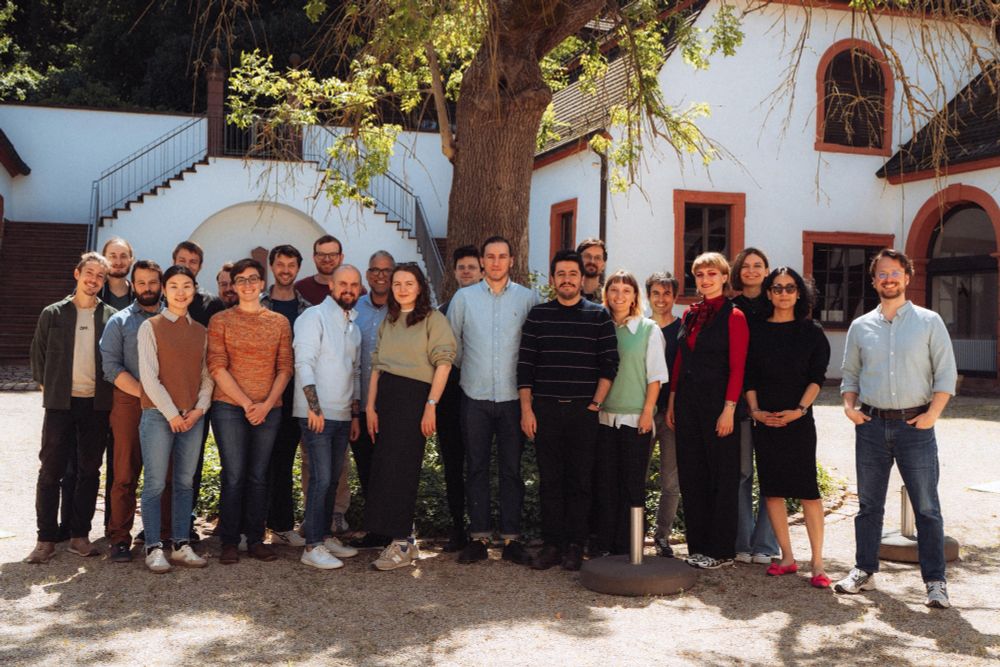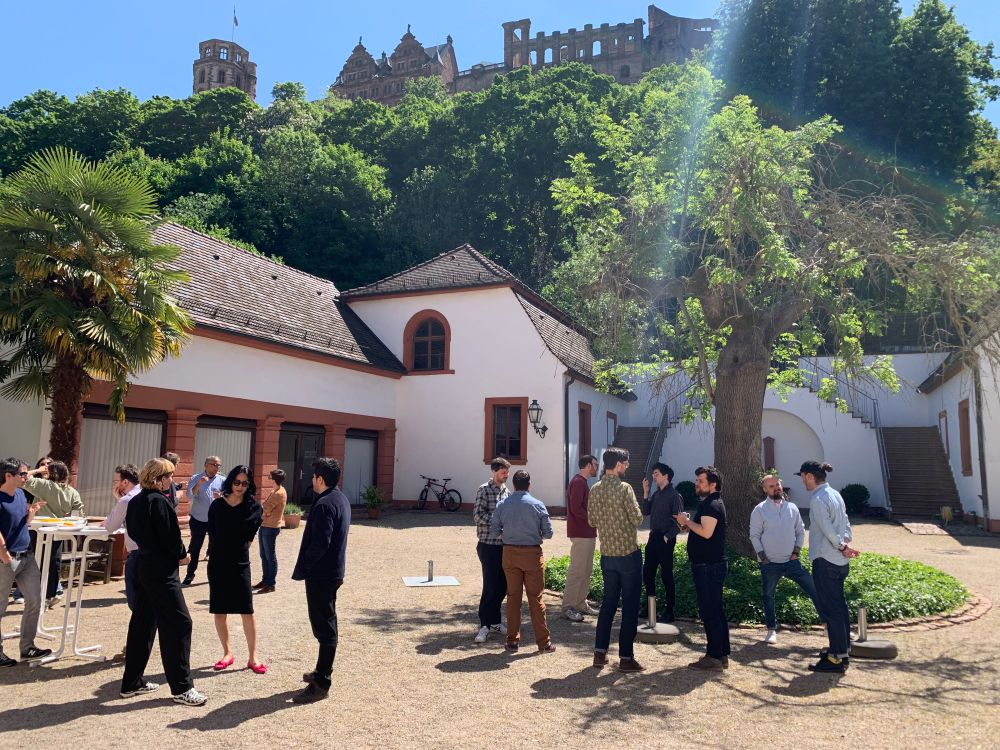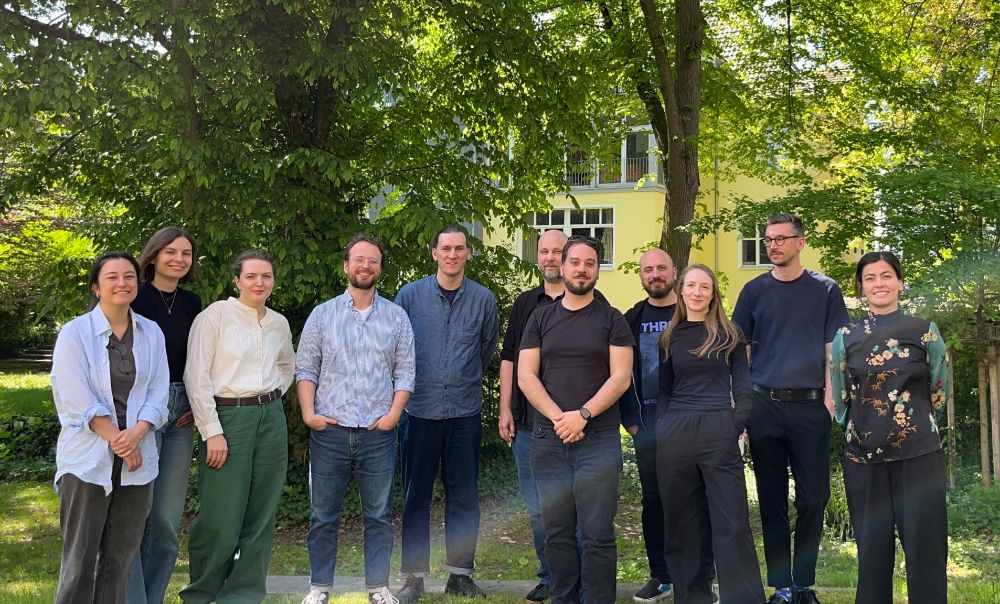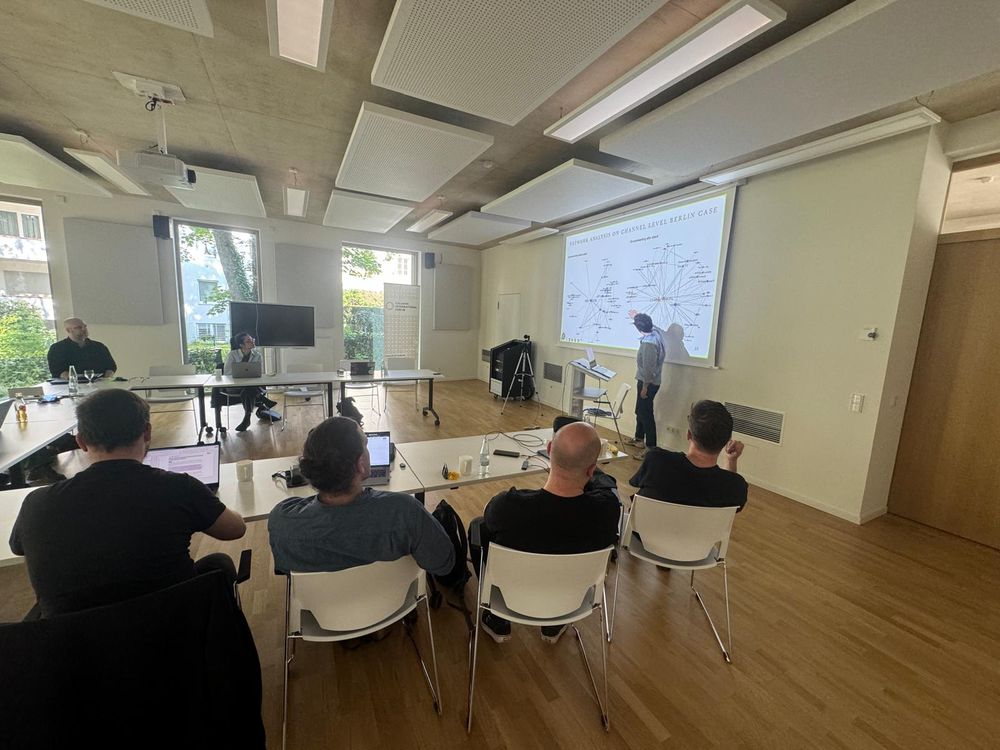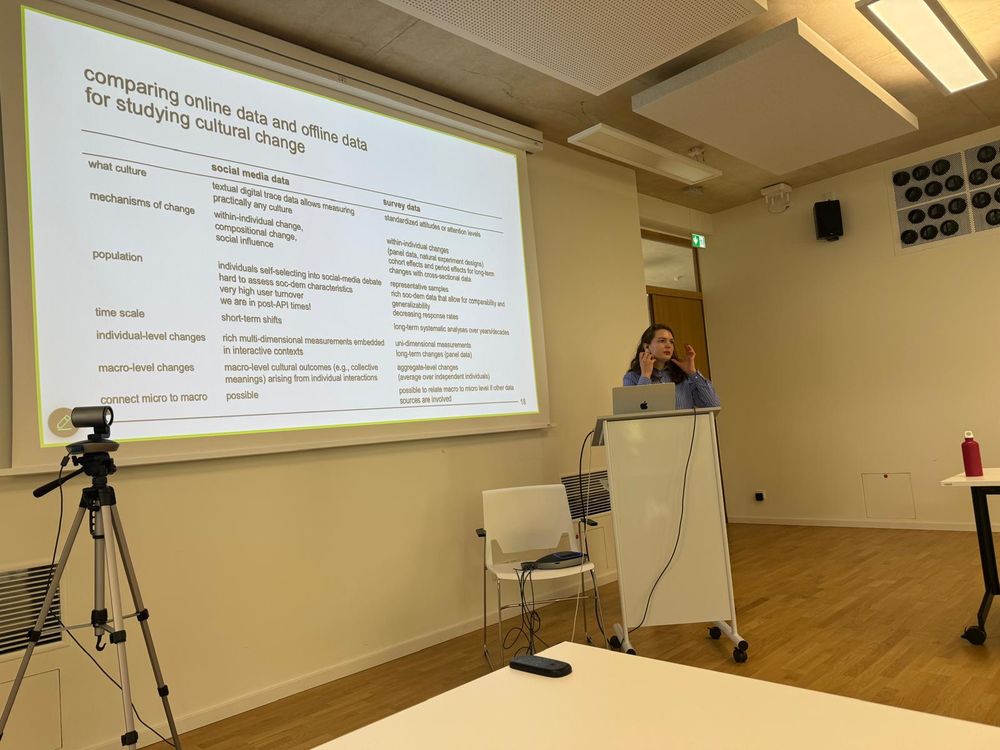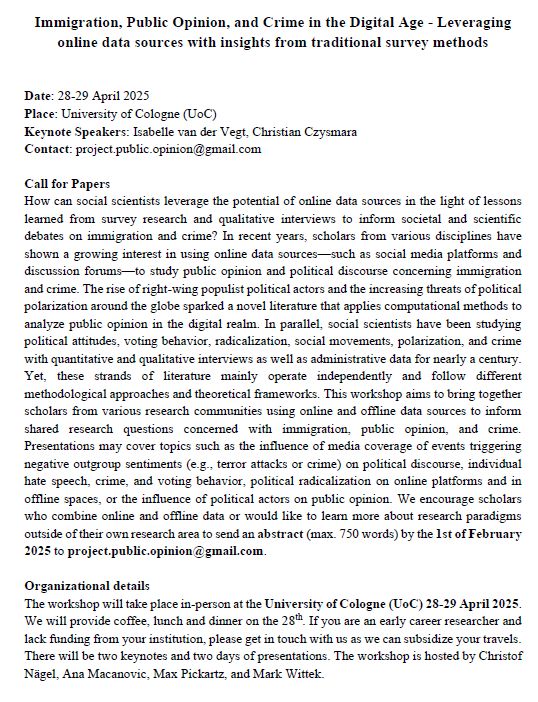Ana Macanovic
@anamacanovic.bsky.social
680 followers
260 following
19 posts
Max Weber Fellow @EUI | PhD in Sociology @UniUtrecht /ICS | exploring inequalities, representation, cooperation, social norms using computational methods
Posts
Media
Videos
Starter Packs
Reposted by Ana Macanovic
Reposted by Ana Macanovic
Reposted by Ana Macanovic
Ana Macanovic
@anamacanovic.bsky.social
· Feb 17
Ana Macanovic
@anamacanovic.bsky.social
· Jan 15
Ana Macanovic
@anamacanovic.bsky.social
· Jan 15
Reposted by Ana Macanovic
Ana Macanovic
@anamacanovic.bsky.social
· Nov 15
Reposted by Ana Macanovic
Reposted by Ana Macanovic
Rense Corten 🟥
@rensec.bsky.social
· Oct 23
Reposted by Ana Macanovic
Reposted by Ana Macanovic
Johannes B. Gruber
@jbgruber.bsky.social
· Oct 11

Wrapper for the AT Protocol behind Bluesky
atr wraps the AT Protocol (Authenticated Transfer Protocol) behind
Bluesky <https://blueskyweb.xyz>. Functions can be used for, among others,
retrieving posts and followers from the network ...
jbgruber.github.io
Reposted by Ana Macanovic
Chris Bail
@chrisbail.bsky.social
· Oct 8
Reposted by Ana Macanovic
Reposted by Ana Macanovic

